Anniversary of assassination of PM Zoran Djindjic
The first democratically elected Prime Minister of Serbia and DS party leader Zoran Djindjic was assassinated this day in 2003, in front of the government.
Thursday, 12.03.2015.
10:04

Anniversary of assassination of PM Zoran Djindjic
Although there are different opinions and many possible answers, and although in the past years Djindjic's admirers and those who are not expressed clear views on that, and including the all the opinions in between - all contain at least two same words: "not here."As in previous years, former Djindjic's associates, but also his opponents from the 1990s who are now in power, will separately pay homage in front of the Serbian government building, or in the New Cemetery where he is buried.
Members of the cabinet of Prime Minister Aleksandar Vucic laid flowers at the memorial plaque in the courtyard of the government.
Members of the presidency of the DS departed from the party headquarters the cemetery where they laid flowers at the grave of Zoran Djindjic.
The LDP once again organizied "The Walk for Zoran" while leader Cedomir Jovanovic paid homage to Djindjic in front of the government, as did members of the former government of Zoran Zivkovic, now the leader of the New Party.
Another former DS official, Dusan Petrovic, visited Djidjic's grave along with members of his new party, Together for Serbia.
A debate competition will he hosted at the Yugoslav Drama Theater today in honor of the slain prime minister.
It is likely that all of them will this year once again try to answer the question from the beginning of the article, while what remains certain is that Djindjic could hardly imagine that Serbia would be like this 15 years after the October 2000 changes.
In 2012, cards were drastically reshuffled on the political scene after a long, disappointing rule of those who were expected to succeed Djindjic's energy and vision and take Serbia to the EU.
They were replaced by people who came from those parties that Djindjic's DS struggled against in the 1990s.
Despite everything, they have now taken the European course and get support from the West, while during their reign some important steps towards the EU have been made which has allowed some leaders to point out, during various anniversaries, that it was precisely they who will "lead Serbia to Brussels".
On the other hand, the Democratic Party (DS), which was once the leader of the European road, has undergone years of internal fragmentation with conflicts several times culminating in the creation of new parties. At times it seems that the fragmentation is still not completed.
The Democrats seek a way out and to finally sober up after heavy election defeats and the big mistakes they made, and at the same time seek a new course and strength for opposition activities, but also a solution for the whole burden of their recent past.
It is worth mentioning that among election winners in the past years are also some parties that along the DS fought against the Milosevic regime, but are now "on the other side".
Some have a piece of power in parliament, some only on the local level, and it also must be said that had they not joined the currently strongest party in the country, the SNS, and its elections lists, they would now be nominally and not only essentially on the political margins.
Serbia, meanwhile, 12 years after the assassination, is economically in a difficult situation, ordinary citizens live badly, society is neither reformed nor entirely democratized, so there is still talk about reforms in all spheres of society - something that should have been done long ago. The 1990s influences still remain, as does the fact that the 2000s were not what many had hoped they would be in the years after October 5.
Assassination on March 12, 2003
Zoran Djindjic was assassinated on March 12, 2003. at about 12:25 CET, in front of the government building. A few hours after that, the government declared a state of emergency.Members of a crime gang known as the Zemun Clan were immediately suspected as perpetrators. One reason was that a warrant was planned to be signed that day for the arrest of a number of its members - something the government revealed later.
During the state of emergency, which lasted until April 22, as part of police operation Sablja ("Saber") 11,665 people were detained, among whom party officials, senior military officers, judges, prosecutors and pop stars, and some of them spent some time in custody.
The main suspect for organizing the assassination was former commander of the later disbanded Special Operations Unit (JSO) Milorad Ulemek, and members of the Zemun Clan Dusan Spasojevic aka Siptar, and Mile Lukovic aka Kum. Spasojevic and Lukovic were shot and killed on March 27 as the police attempted to arrest them.
During Operation Saber, the immediate perpetrator of the murder Zvezdan Jovanovic was also arrested, as well as several other members of the disbanded Special Operations Unit, and numerous members of the Zemun Clan. These arrests have also helped to clarify a number of murders that occurred earlier.
On May 23, 2007, the accused were found guilty and sentenced to a total of 378 years in prison.
The verdict, inter alia, stated that the murder of Zoran Djindjic was a political assassination directed against the state, in which participated the criminalized part of the JSO and the gang led by Dusan Spasojevic. The political background of the assassination has not yet been discovered.
The late prime minister was one of the leaders of the Democratic Opposition of Serbia (DOS), which on October 5, 2000 overthrew Slobodan Milosevic. DOS previously defeated Milosevic in federal and republic-level elections. However, the victory had to be won in the streets.
He was one of the founders of the Democratic Party and President of its Executive Board. He became the party leader in January in 1994 and remained in that role until his death.
In January 1997 he was elected mayor of Belgrade. At the request of the SPO, a former coalition partner of the DS, he was dismissed from this post seven months later. Djindjic was the first non-communist mayor of the capital since 1945.
The government he led was formed on January 25, 2001. When he took over the post, he said he and the new ministers would establish a democratic foundation in Serbia and that the new government wants to make a "democratic civilization" out of Serbia.
Djindjic's government began sweeping reforms, social and economic.
After years of instability and "tense" and bad relations, good relations were established with Western countries, especially the United States. Djindjic's government advocated in favor of cooperation with the Hague Tribunal, and during its mandate arrested and extradited several suspects, including Slobodan Milosevic.
Zoran Djindjic was born on August 1, 1952, in Bosanski Samac, Bosnia-Herzegovina.
He studied at the Faculty of Philosophy in Belgrade and was quickly noted among young dissidents.
Djindjic earned his PhD in 1979 at the University of Konstanz, Germany. His mentor was one of the most prominent philosophers of the late 20th century Jurgen Habermas.
In 2000 he won the prestigious German prize Bambi for politics, and in 2002 he received the award of the Polak Foundation in a ceremony in Prague, for his contribution to the development of democracy in Serbia.
He is the author of many scientific papers in the field of philosophy and political theory and translator of several philosophical works.
Djindjic was buried on March 15, 2003, in the Alley Of Deserving Citizens at the New Cemetery in Belgrade. The funeral procession that walked the streets of Belgrade included many hundreds of thousands of citizens. Among them were 70 foreign government delegations.










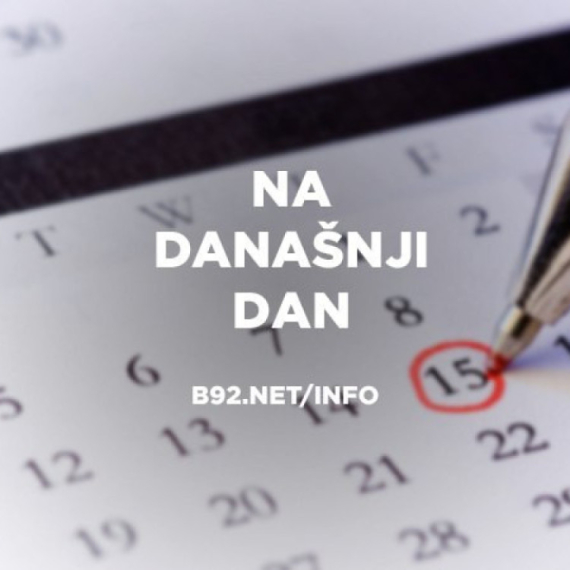
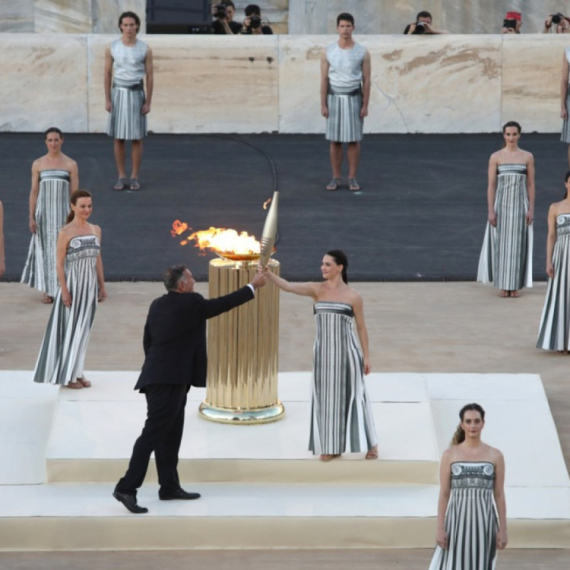
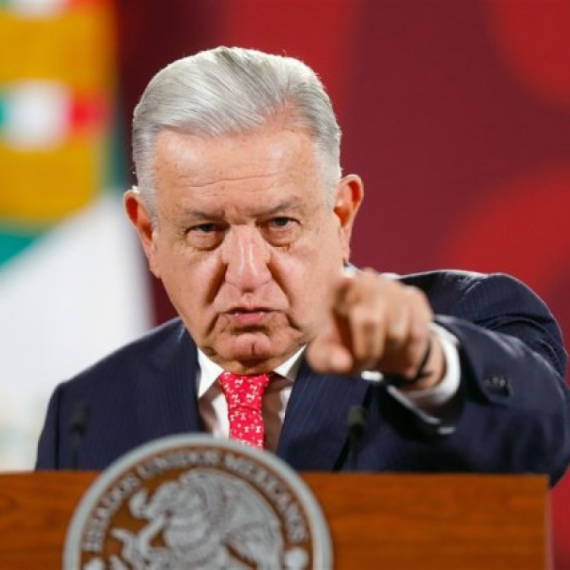



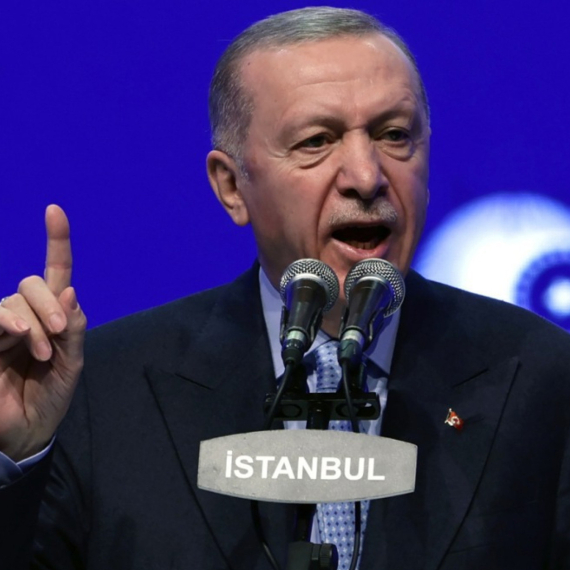

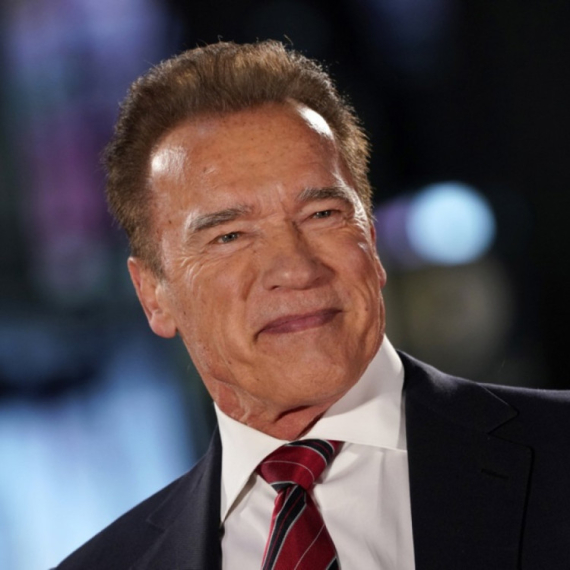
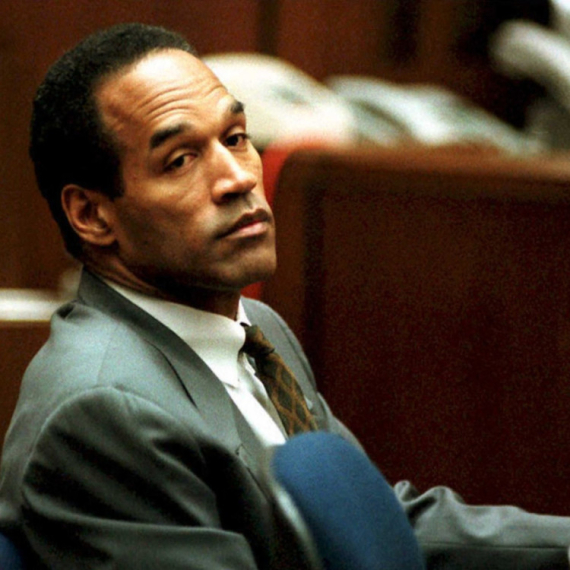

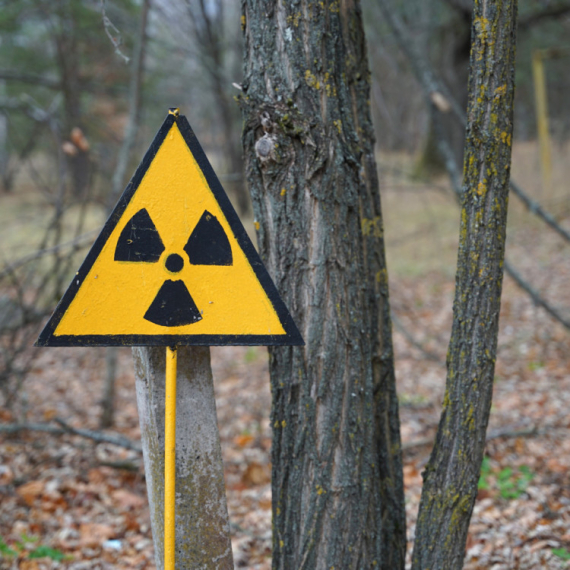


























Komentari 3
Pogledaj komentare